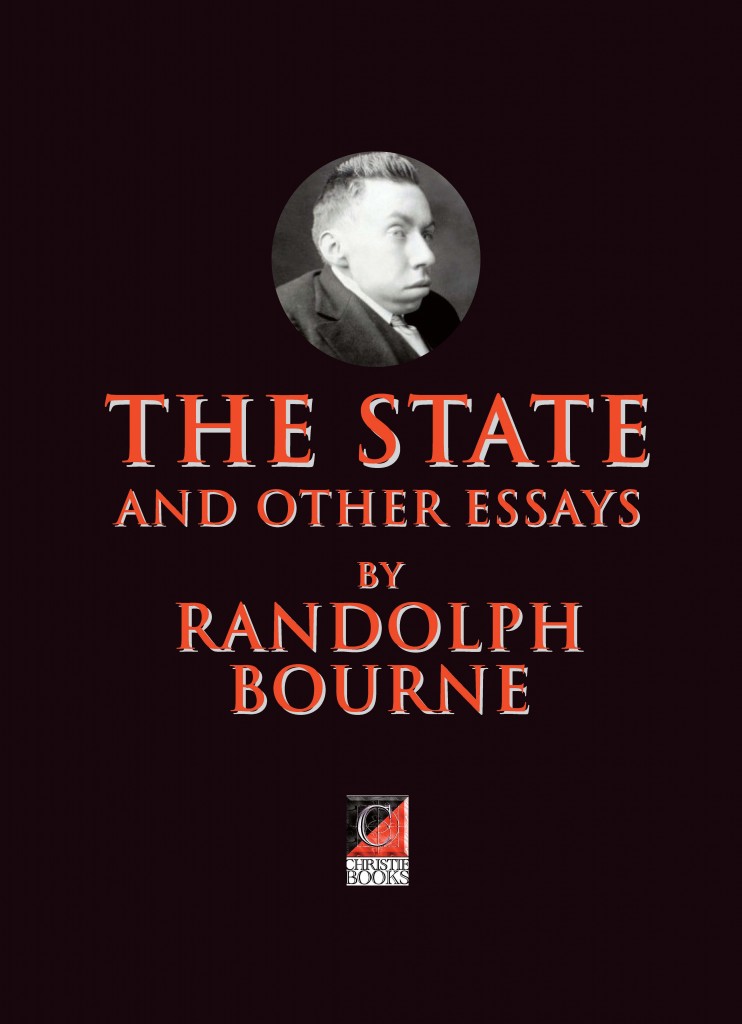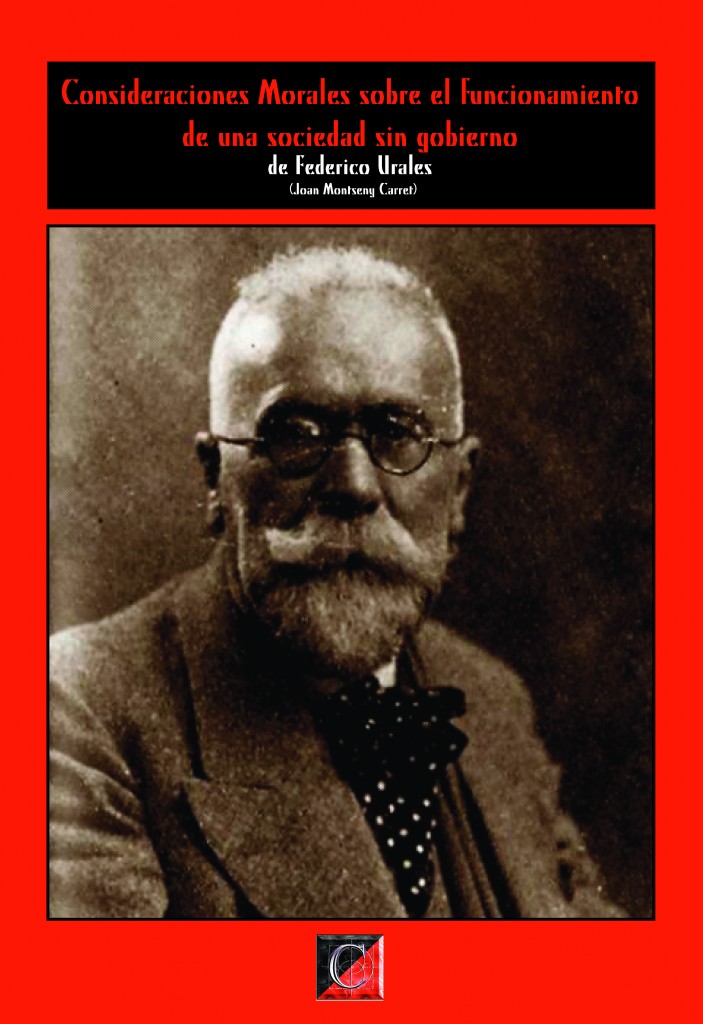 RANDOLPH SILLIMAN BOURNE, born 1886 Bloomfield, New Jersey, died aged 32 during an influenza epidemic on 23 December 1918. A radical social critic who sympathised with the Industrial Workers of the World (IWW), his literary career lasted less than ten years yet the integrity and commitment, which shines through in his articles and essays in the dramatic period before and during World War One, sets him apart from other intellectuals of his time. He left behind a legacy of astonishingly mature and incisive writings on politics, literature, and culture, which were of enormous influence in shaping the American intellectual climate of the 1920s and 1930s. This collection includes such noted essays as “The War and the Intellectuals,” “The State,” “What is Exploitation,” “Law and Order,” “Trans-National America,” “Below the Battle,” and “Twilight of the Idols.” Bourne’s critique of militarism and advocacy of cultural pluralism are enduring contributions to social and political thought that has an equally strong impact today. In his introduction to The Radical Will: Randolph Bourne Selected Writings 1911-1918 (Urizen Books, 1977) his editor, Olaf Hansen, summed up Bourne’s legacy: ‘Bourne’s quest for a rational community had this significance. He wanted to be a citizen of the world without giving up his vision of how much better a place it might be. His contribution to the attainment of such hopes was a radical analysis of the world’s shortcomings.’
RANDOLPH SILLIMAN BOURNE, born 1886 Bloomfield, New Jersey, died aged 32 during an influenza epidemic on 23 December 1918. A radical social critic who sympathised with the Industrial Workers of the World (IWW), his literary career lasted less than ten years yet the integrity and commitment, which shines through in his articles and essays in the dramatic period before and during World War One, sets him apart from other intellectuals of his time. He left behind a legacy of astonishingly mature and incisive writings on politics, literature, and culture, which were of enormous influence in shaping the American intellectual climate of the 1920s and 1930s. This collection includes such noted essays as “The War and the Intellectuals,” “The State,” “What is Exploitation,” “Law and Order,” “Trans-National America,” “Below the Battle,” and “Twilight of the Idols.” Bourne’s critique of militarism and advocacy of cultural pluralism are enduring contributions to social and political thought that has an equally strong impact today. In his introduction to The Radical Will: Randolph Bourne Selected Writings 1911-1918 (Urizen Books, 1977) his editor, Olaf Hansen, summed up Bourne’s legacy: ‘Bourne’s quest for a rational community had this significance. He wanted to be a citizen of the world without giving up his vision of how much better a place it might be. His contribution to the attainment of such hopes was a radical analysis of the world’s shortcomings.’
A century later Bourne’s final essay, ‘The State’, reproduced here, retains the resonance it had in 1918 — a lucid analysis of how states and governments manipulate and induce the patriotic hysteria that precedes declarations of war and ‘states of emergency’ to suit their own political and corporate ends.
Available for download (as a Mobi file) on the ChristieBooks eBookshelf for £1.50 Email if you require an ePub file. (See inside)




